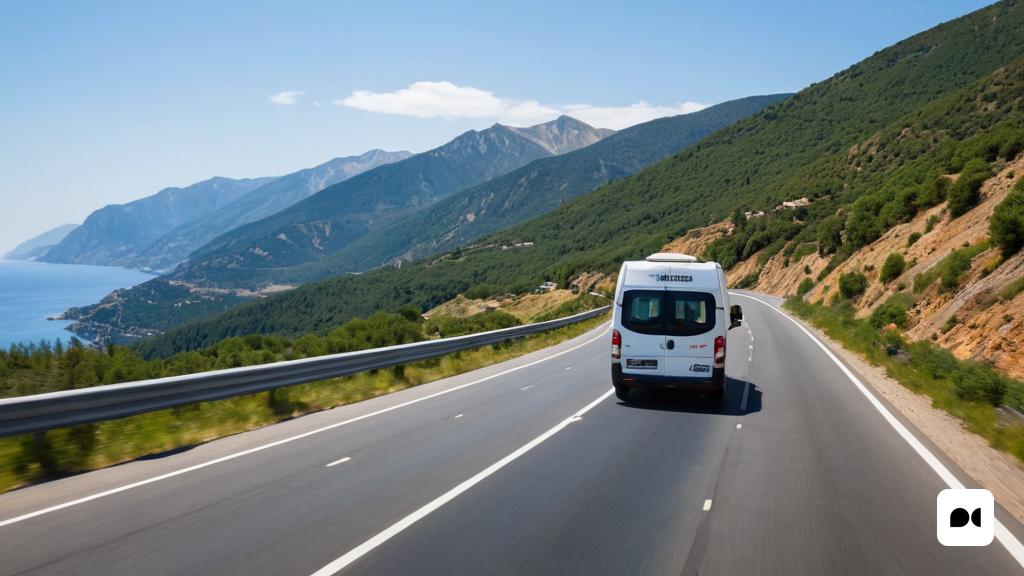The importance of mandatory rest stops
Summer is synonymous with vacations, sun and road trips, a time of year when many people embark on the adventure of exploring new destinations. However, this increase in travel also increases the risk of accidents and complications on the roads. In this era, more than ever, complying with the advice and regulations of the DGT becomes vital.
The General Directorate of Traffic (DGT) points out that mandatory stops during long journeys are vital to combat driver fatigue, one of the main causes of road accidents. They recommend making a stop of at least 20 minutes every two hours of driving. This break allows the driver to stretch, hydrate and clear their mind, significantly reducing the risk of accidents.
Fatigue can decrease a driver’s ability to react, pay attention and make decisions, increasing the risk of collisions. In addition, there are studies that indicate that driving for more than two hours without a break raises the risk of an accident to levels similar to driving under the influence of alcohol.
Failure to take mandatory breaks on long journeys can have serious consequences. First, the driver and passengers are exposed to a greater risk of an accident due to fatigue. This situation not only endangers their lives, but also other road users.
DGT fines for not complying with these regulations
The DGT establishes penalties for professional drivers who do not respect driving and rest times. Those who drive goods and passenger vehicles are required to record driving and rest times using tachographs. Violations in this regard can result in substantial fines, loss of driving license points and, in serious cases, disqualification from driving.
In the case of those who drive privately there are no such strict regulations. However, the DGT can impose penalties if it is detected that the lack of rest has been a determining factor in an accident. In addition, civil liability arising from a fatigue accident can lead to significant legal and financial consequences.
How to ensure a safe journey
To avoid the consequences and penalties associated with the lack of mandatory stops, it is essential to plan the trip well. Some recommendations include planning your stops, staying hydrated and fed, stretching your legs, getting enough rest before your trip, and carpooling if possible.

